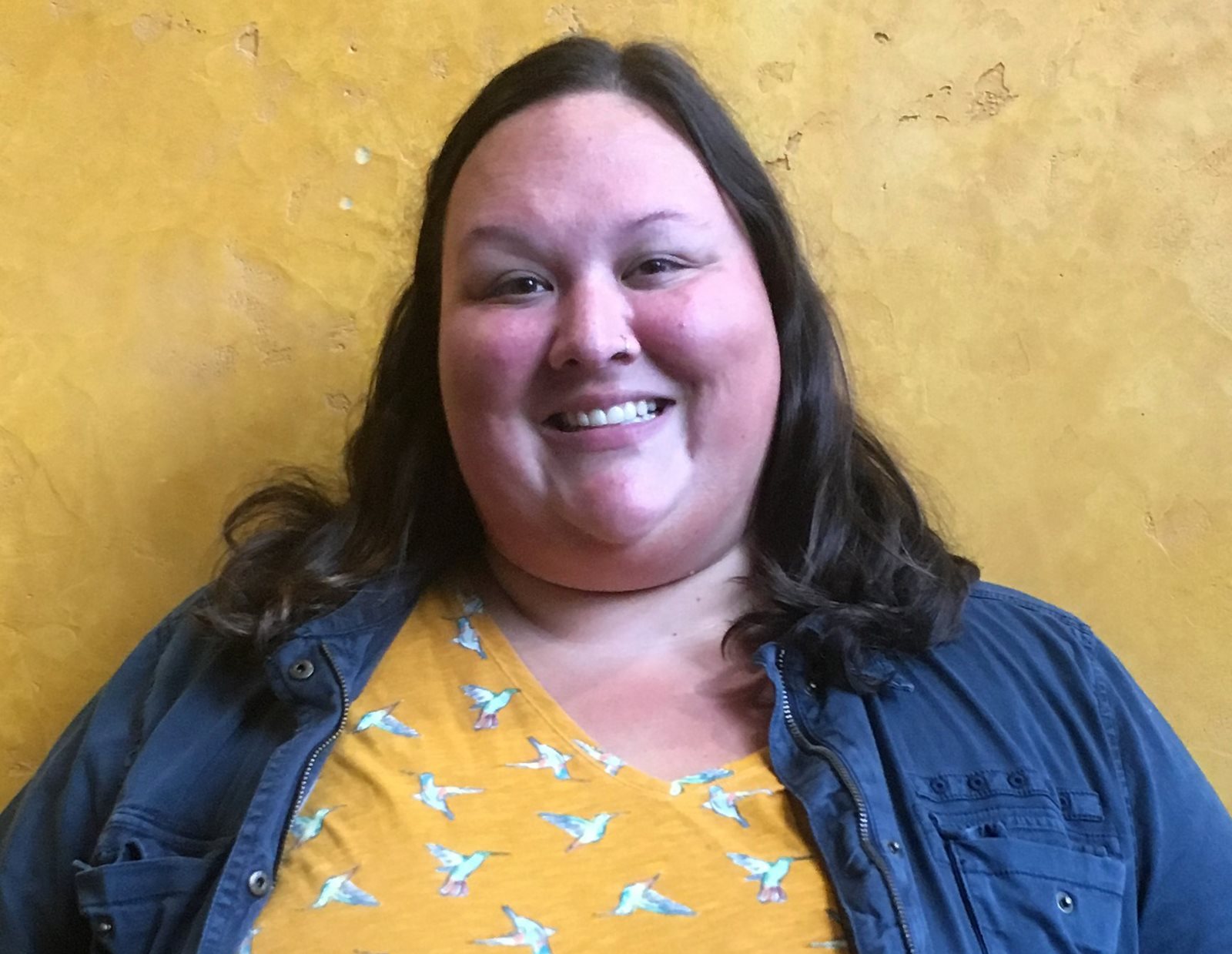Mary Jane Topash educates the public on the thrivance of Native communities in the Pacific Northwest

Mary Jane Topash (Tulalip and Potawatomi) was working full-time at the Hibulb Cultural Center in Tulalip when she was completing her M.A. in Cultural Studies (‘17) at the University of Washington Bothell. It was during this time when Mary Jane gained interest in addressing issues of (mis)representation and the commodification of Indigenous people in museums. She explained during a guest lecture in Julie Shayne’s and Yolanda Padilla’s undergraduate-level course, “Place and Displacement in the Americas,” that working as a Group Tours Specialist at the Hibulb Cultural Center was very rewarding. She was able to work closely with local tribes while conducting intentional cultural work with her community, but, of course, the job came with its challenges. Mary Jane reflected on some her interactions with non-tribal youth and adults who would oftentimes make comments that perpetuated stereotypical images of Native Americans:
“It’s very defeating some days. And people say things that they just don’t realize…that they’re, what I would consider, a microaggression…inappropriate or racist…These things kind of all just piled up over time. So, I turned it into research.”
Working in museums was not on her radar at the start of her graduate studies, yet her experience at the Hibulb Cultural Center influenced the direction of her capstone research project, “Exhibiting the (Mis)representation of Indigeneity: A Look at How Tulalip Tribes are Combating Stereotypes,” and, eventually, her career. As the new Assistant Director for Cultural Education Initiatives, Mary Jane is determined to strengthen the relationship between local Tribes and UW Seattle’s new Burke Museum. “The Burke Museums has done a lot of intentional work that is rooted in decolonization,” Mary Jane explains. For example, “we no longer want to be talked about in past tense” because we “have been here since time immemorial…and [in order] to fight this post-colonial experience…we just have to undo these institutional ties.” In response to this, the Burke made an active decision to not include dates on any of their objects—a small but necessary shift that is a result of consulting local tribes through their Native American Advisory Board.
Through her personal knowledge as a Tulalip tribal member and previous work experience at the Hibulb Cultural Center, Mary Jane now develops educational programming that celebrates contemporary and historical Indigenous life. She utilizes her capstone project as a building block for her presentations at the Burke Museum which largely informs students, teachers, and school districts on the thrivance of Indigenous communities in the Pacific Northwest and how to teach about Native culture. Following Hibulb’s mission, Mary Jane hopes to keep the “cultural fires burning” by using her position at the Burke to educate the public about Indigenous culture and how everyone can do their part in respecting the Indigenous Land they walk on.
Written by Mateó B. Ochoa
